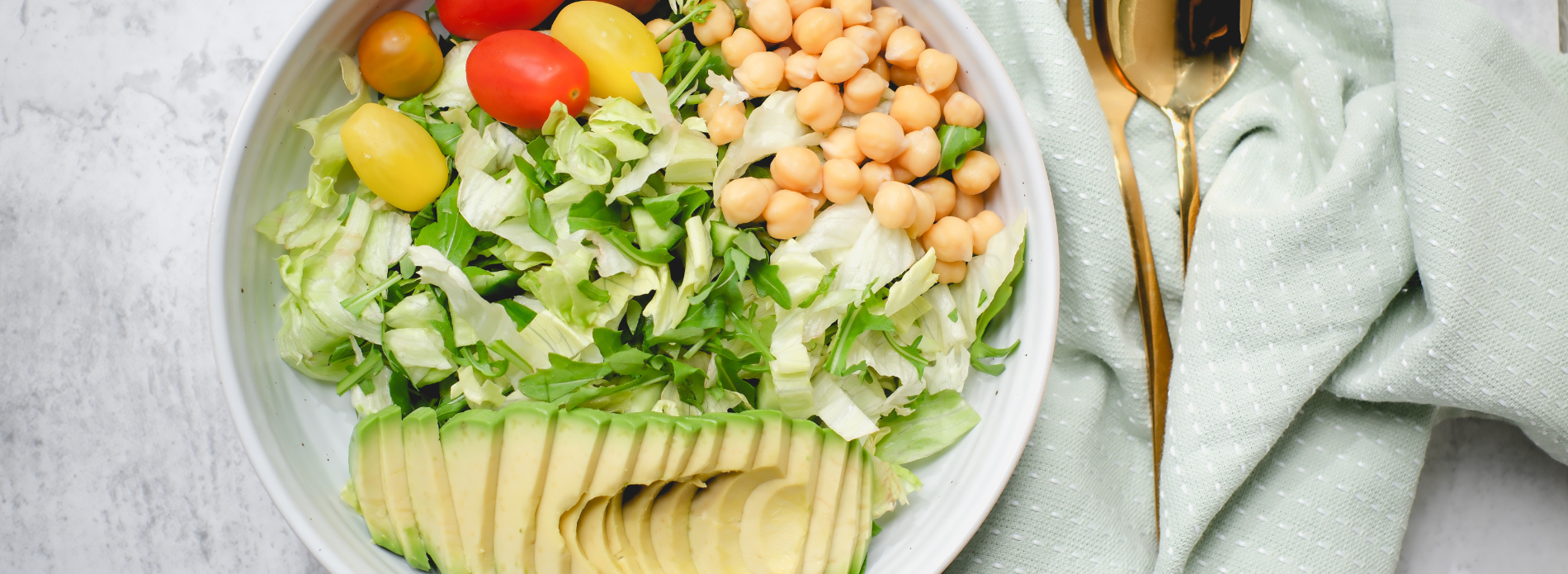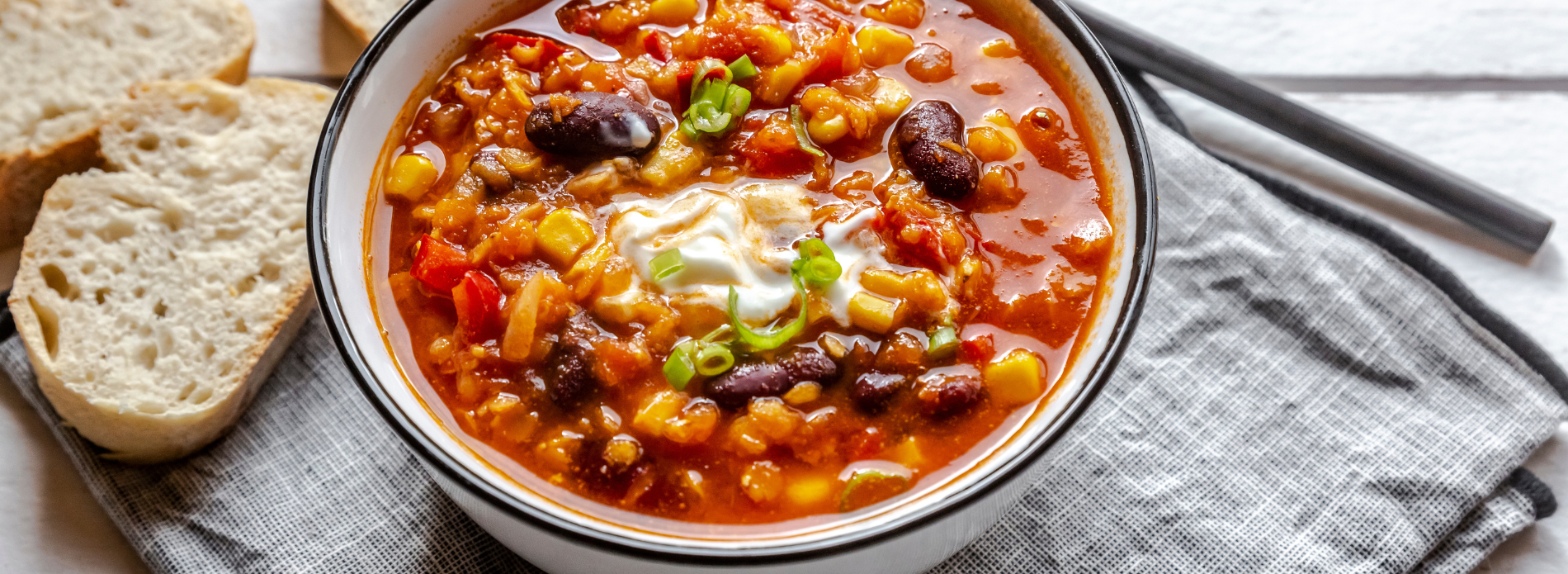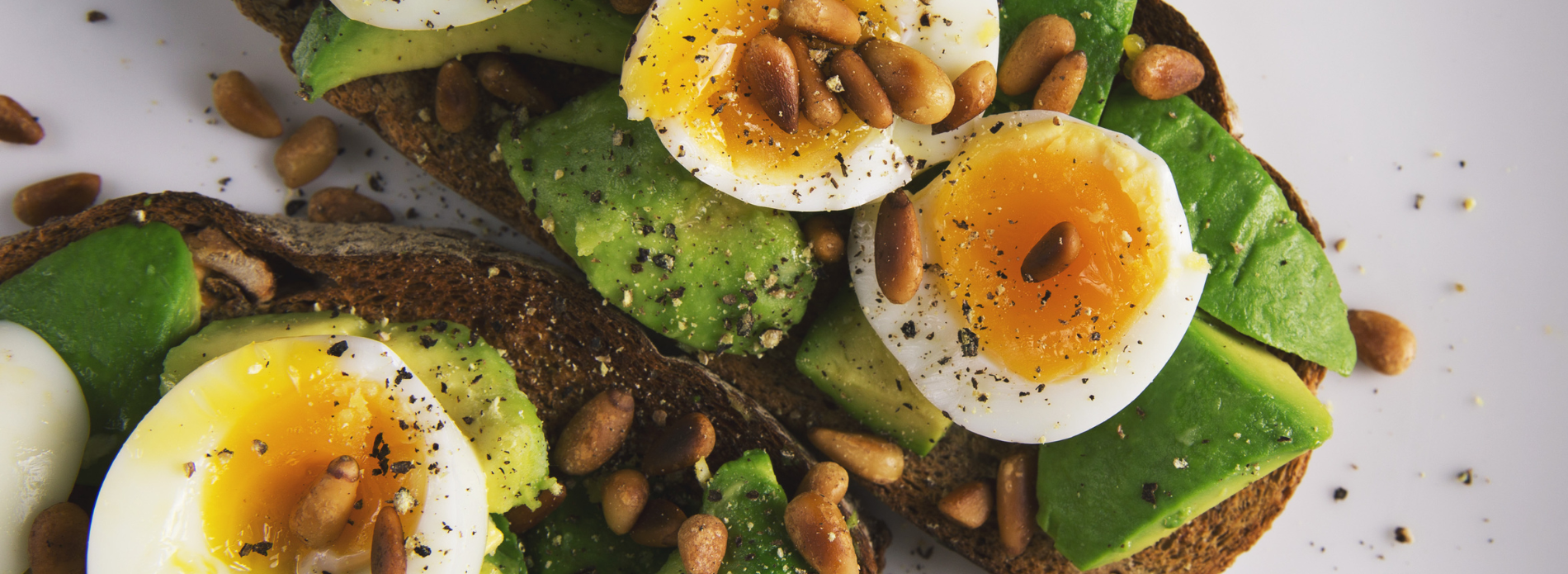We’ve all heard the saying “eat your carrots and you’ll be able to see in the dark!” While it may be the case that carrots are good for helping to keep our eyes healthy, there’s a whole host of other foods that contain some of the essential nutrients needed for maintaining healthy eyesight.
Though many eye health problems are due to a variety of factors, such as age and genetics, ensuring we get the right nutrients to help keep our eyes healthy is one way we can help minimise the chances of getting problems later on in life as a result of our diet.1
By making sure we eat a range of fruit and veg, we’ll get a good range of micronutrients and help our eyes, and the rest of our body, to stay healthy.
Raj Kundhi, nutritionist, explains what nutrients we should be consuming to ensure we are giving our eyes what they need whilst supporting the rest of our body too.
Why we need a balanced diet
When the body uses oxygen to produce energy, it releases free radicals, which can potentially damage our cells. This is a normal process and our bodies have the ability to handle this when consuming a healthy balanced diet.
However, if we don’t provide our bodies with the right nutrients, our body’s capability to deal with this is diminished. Our eyes are just one part of the body that can be damaged by these free radicals, causing ageing to accelerate and also affecting how well the body can absorb vitamins and minerals.
Eating a range of different fruit and vegetables, focusing on different colours, will ensure you’re getting your daily necessary intake of micronutrients to help support not only your eye health, but your overall health and wellbeing.
Vitamin C and E
Vitamin C and E are both important antioxidants which protect our bodies from damage by free radicals and external toxins, such as cigarette smoke and air pollution.
They work by getting into our eyes and absorbing potential damage, helping to prevent harm to our eyes. Foods that are high in vitamin C include:
- tomatoes,
- oranges,
- red and green peppers,
- strawberries,
- broccoli,
- and blackcurrants.
While vitamin E can be found in:
- olive oil,
- nuts,
- seeds,
- and in cereal products.
Lutein and Zeaxanthin
Scientific studies have shown that individuals with a low intake of foods that contain lutein and zeaxanthin have a higher risk of developing age-related macular degeneration.
They work as antioxidants in the same way as vitamins C and E, in that they protect our eyes from any harmful damage, specifically damage from blue light (computer screens, mobile phones, tablets). This decreases the burden on the other antioxidants in protecting us against free radicals.
One issue is that the human body cannot produce these two carotenoids and so they must be consumed through our food, meaning our dietary choices are important.
The Macular Society highlights that, "though several studies suggest that eating at least 10mg of lutein a day has the most beneficial effect on macular pigment levels, the average Western diet is thought to contain no more than 3mg of lutein and zeaxanthin a day.”2
Kale has the highest amount of lutein in, but other good sources are:
- eggs,
- spinach,
- red pepper,
- broccoli,
- leeks,
- and kiwi fruit.
One thing to note about these two nutrients is that they’re often better absorbed by the body when cooked.
Zinc
Zinc is required to keep our retinas working optimally. Zinc preserves the cell membrane and proteins in the retina which therefore affects its structure and function. It also plays a small role as an antioxidant in the eye and working as part of the immune system.
Zinc can be found in:
- eggs,
- whole grains,
- peanuts,
- turkey,
- oysters,
- crab,
- and other meats.
Vitamin A
Vitamin A is the reason why carrots are known for helping our eyes, thanks to their high beta carotene content. The beta carotene is what makes carrots orange and is what is used to form vitamin A in our bodies. Vitamin A helps our vision in dim light, hence the saying.
Foods that are orange or yellow in colour are normally high in beta carotene, for example:
- carrots,
- sweet potato,
- pumpkins,
- and peppers.
>Try our quinoa stuffed peppers recipe
Omega 3
You may be aware that omega 3 can help keep our hearts and brain healthy, but it can also help protect our eyes by fighting inflammation and helping cells function properly.
Salmon, sardines and herring have the highest amounts of omega 3, but tuna and other tinned fish can also provide relative amounts.
Diet alone can’t prevent eye damage but making sure that you go for regular eye checks at the opticians can help identify any eye problems at an earlier stage.
References
- Nutrition and eye health - National Library of Medicine
- Nutrition - Macular Society












